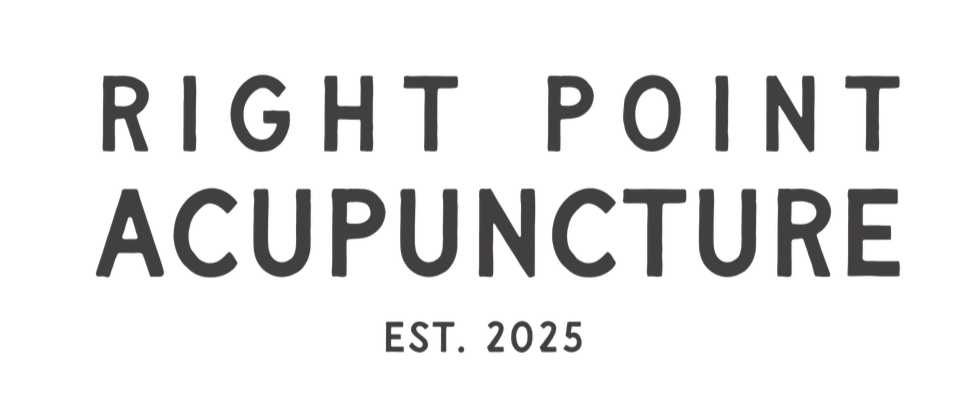What’s up - “magic hands?” Demystifying holistic practice.
Is it magic? It’s so woo-woo. We like to think of it as mastery, not magic. At our clinic, our practitioners have combined years of practice and training that draws on expertise in Traditional Chinese Medicine (TCM) acupuncture practice or teaching, and also Western medicine (ie: ER/Trauma), military corpsman training. Here’s also some grounded thinking for you.
Neurological Sensitivity
Some practitioners develop an exceptional tactile acuity—meaning they can feel subtle changes in muscle tone, fascia tension, or energetic shifts. This isn’t mystical; it’s a trained sensitivity that comes from years of hands-on experience and focused attention.
Refined Technique
“Better” practitioners often have precise needle control, gentle insertion, and intuitive point selection. Their technique minimizes discomfort and maximizes therapeutic effect. Patients feel the difference immediately.
Presence and Attunement
The best practitioners are deeply present. They listen—not just with ears, but with eyes and hands. This attunement creates a sense of safety and trust, which enhances the body’s receptivity to treatment.
Clinical Judgment
Experience matters. Skilled acupuncturists know how to read patterns, adjust treatments in real time, and combine modalities (e.g., cupping, moxa, electroacupuncture) to suit the patient’s needs. Their results feel “magical” because they’re deeply informed.
Energetic Resonance (for those open to it)
Even in modern clinics, some patients and practitioners describe a felt sense of energy—Qi—that moves or shifts during treatment. Whether viewed through biophysics or metaphor, this resonance contributes to the “magic.”

